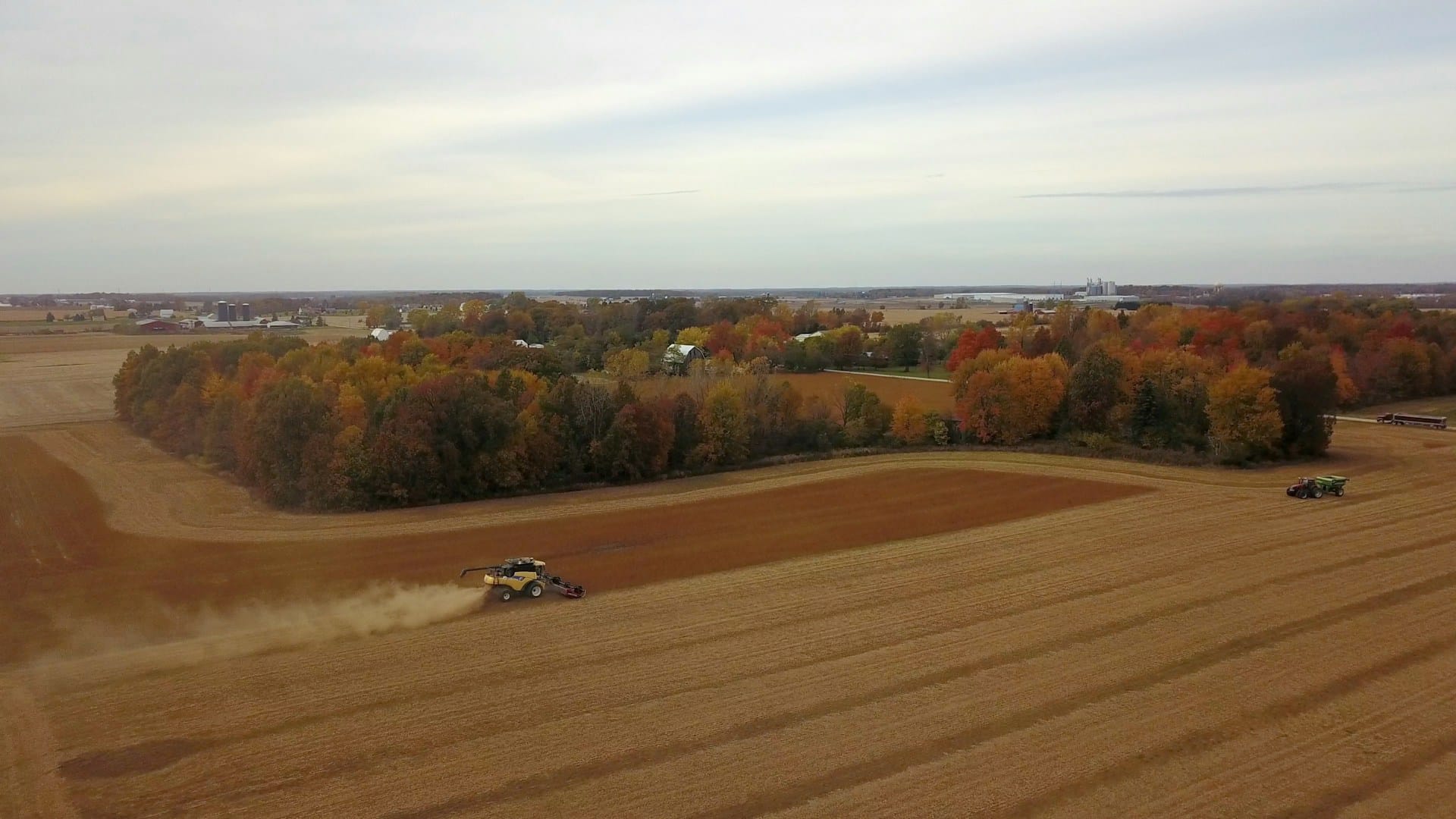On the last day of February, Senate Finance Committee Chair Chuck Grassley (R-IA) and the panel’s senior Democrat Ron Wyden (D-OR) released a bill (S. 617) to extend a few dozen tax breaks for varied interests, most of which expired at the end of 2017. These “temporary” carve-outs, known as “extenders,” have been re-authorized in one- and two-year spurts for more than decade, often together and without offset.
If that’s ringing a bell, it may be because we’ve written about them here, and here, and here, and here, etc… We’re nothing if not consistent. While the tax extender practice has always been bad policy, its perennial proponents have always insisted it was only necessary until general tax reform could be accomplished. Which makes the tax breaks’ last extension in the 2018 Bipartisan Budget Act, two months AFTER the biggest piece of tax law in a generation was enacted, especially galling. (It also tells you something about why the tax act wasn’t “tax reform.”) At the time, the extenders’ one-year, retroactive extension through the end of 2017 cost taxpayer $15.1 billion.
This year’s package doesn’t rock the boat, and includes extensions through the end of 2019 for 26 provisions that expired in 2017 and three provisions that expired at the end of 2018. The package also includes a handful of provisions providing tax breaks to individuals and businesses affected by disasters in 2018.
The ever-ridiculous tax breaks for race-horse owners, NASCAR tracks, and TV, film, and stage productions are in this year’s package, but as usual, the bulk of the extenders in the bill are energy-related. The 17 energy-related items provide tax breaks for biofuels, energy-efficient homes, electric motorcycles, and renewable energy production, among other things.
Of all the provisions, the only one expected to actually raise revenue and reduce the deficit is an extension of the Black Lung Excise Tax, which would make sure the coal industry helps pay miners disabled by pneumoconiosis (aka “Black Lung Disease”) or their beneficiaries, instead of continuing to raid general Treasury funds.
The bill does make a few changes compared to the last extenders proposal that passed the House in December, which probably reflects the difference in authors. Rep. Kevin Brady (R-TX), a supporter of the oil and gas industry, sought to phase out the costly biodiesel tax credits and make the railroad track maintenance credit permanent in the December bill.
The new bill co-written by Sen. Grassley, whose home state Iowa is known for producing corn and soy used in biofuels, includes an extension for the biodiesel credits and clarifies that liquefied- petroleum gas, natural gas, or gas derived from biomass can’t qualify for the “alternative fuels” tax breaks. The perpetuation of the biodiesel credits, which have already cost taxpayers $12 billion, is certainly a change for the worse. Our new report, Biodiesel Bonanza, dives deeper into the credits for those curious about the awful extent of federal biodiesel subsidies.
That’s not to spare the bill’s other co-author, who introduced a similar package in 2014 by saying, “This will be the last tax extenders bill the committee takes up as long as I’m chairman.” Sen. Wyden is no longer chairman, but it’s hard to see how his role of Ranking Member excuses his reversal on sponsoring an extenders bill. His enthusiasm for the $2,500 electric motorcycle credit certainly doesn’t cut it.
Altogether, the bill seems the result of legislating on auto-pilot, handing out tens of billions of dollars in tax subsidies for questionable public benefit without scrutiny. The giveaway is more egregious because it re-authorizes tax breaks retroactively, like the last five enacted extenders packages have for most or all of a tax year. Retroactive extensions can’t encourage economic behavior, desired or not, because you can’t encourage activity to happen in the past. And yet, lawmakers don’t seem bound by precedent any more than the physical laws of time and space – re-authorizing the provisions for 2018 would be their MOST retroactive extension yet.










Get Social